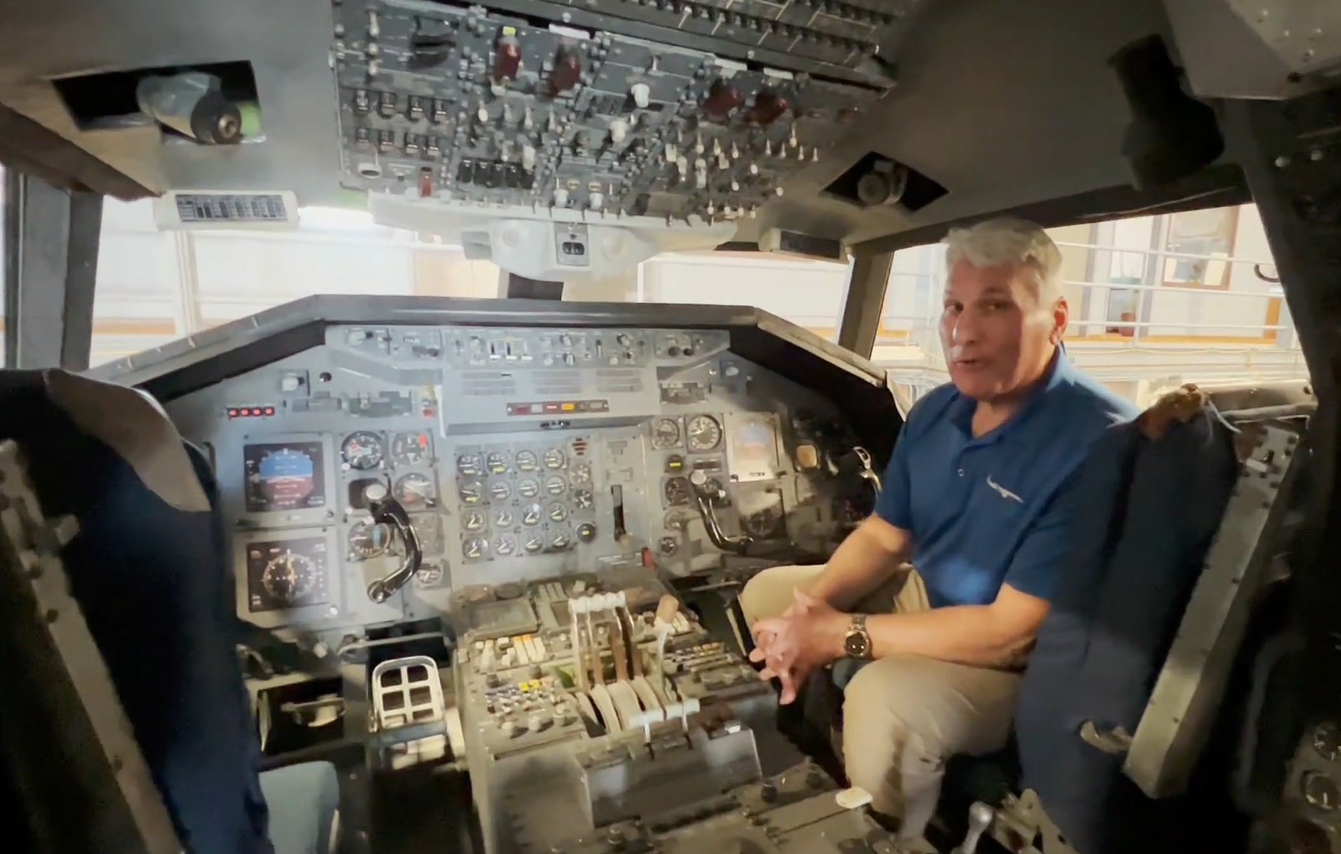Coronavirus could cost $US280 billion in first quarter
09 February, 2020
4 min read


The new coronavirus could cost the global economy $US280 billion in the first quarter of this year, far outstripping the SARS outbreak of 2003.
London-based Capital Economics says that if its $US280m “best guess” proves correct, it will mean global GDP will not grow in quarter-to-quarter terms for the first time since 2009, according to a note obtained by Fox News.
The SARS outbreak left more than 8000 sick and killed 774 people. As of February 8, The World Health Organization put the number of confirmed cases at 34,598, more than 6100 of them severe, with 723 deaths.
READ: South African Airways slashes network to try and survive
While the fatality rate of the new virus is significantly lower than SARS at just over 2 percent, some experts believe the number of cases is greater than the official estimates.
The disease comes on top of a US-China trade war that had already slowed global trade and has already hit Chinese companies with analysts predicting a contraction in first-quarter economic growth.
Oxford Economics has tipped it will grow less than 4 percent, down from a pre-virus prediction of 6 percent.
The tourism and aviation industries are also feeling the impact with worries about the ongoing effect on passenger and air freight demand.
Many countries such as Australia, the US, Singapore and Japan have increased screening measures at border crossings, transport hubs and even hotels.
Asian travelers are particularly skittish during disease outbreaks and the Asia-Pacific is now the world’s biggest aviation market.
Australia’s Virgin Australia announced last week it would permanently exit the Hong Kong market from March 2, a destination with which it had already been struggling, as a result of the extra uncertainty caused by the virus.
Earlier this month, route experts OAG said the virus had slashed flights to and from China by 25,000 per week compared to two weeks previously. That equated to the cancellation of one in four seats, with the giant Chinese domestic particularly badly affected.
The International Air Transport Association says the situation is evolving quickly it is also seeing significant schedule adjustments in February but says airlines have “well-developed standards and best practices to keep travel safe”
It said last week as it announced slow but steady passenger traffic growth in 2019 that airlines were assisting the WHO and public health authorities in efforts to contain the outbreak in line with the international health regulations.
“There currently is no advice from WHO to restrict travel or trade,’’ it said.
“But it is clear that demand has fallen on routes associated with China, and airlines are responding to this by cutting capacity for both domestic and international China.”
IATA had earlier reported that 2019 was the worst year for freight demand since 2009 and expressed concern about the impact of the coronavirus.
Demand, as measured in freight tonne kilometres fell by 3.3 percent compared to 2018 to mark the first year of declining freight volumes since 2012 and the weakest performance since the global financial crisis.
“Trade tensions are at the root of the worst year for air cargo since the end of the Global Financial Crisis in 2009,’’ de Juniac said.
“While these are easing, there is little relief in that good news as we are in unknown territory with respect to the eventual impact of the coronavirus on the global economy.
“With all the restrictions being put in place, it will certainly be a drag on economic growth. And, for sure, 2020 will be another challenging year for the air cargo business.”
Next Article
2 min read
Qantas triples profit but misses mark

Get the latest news and updates straight to your inbox
No spam, no hassle, no fuss, just airline news direct to you.
By joining our newsletter, you agree to our Privacy Policy
Find us on social media
Comments
No comments yet, be the first to write one.
